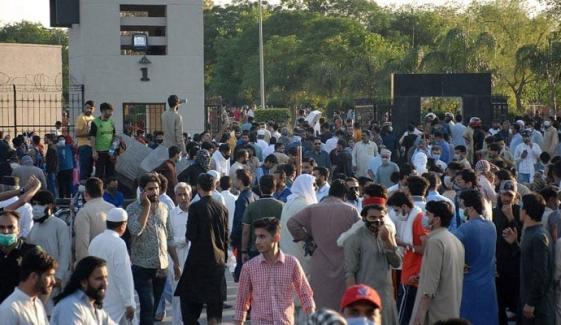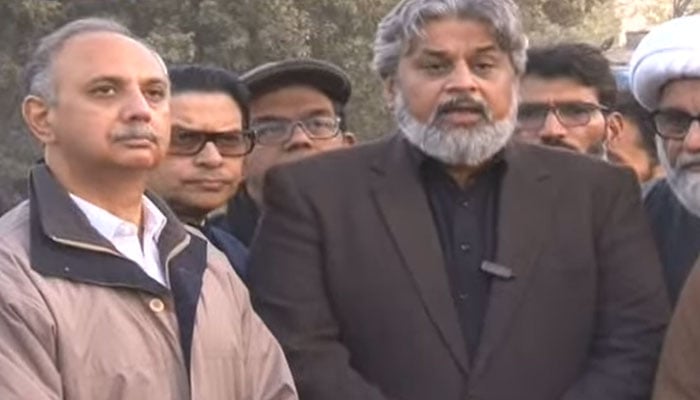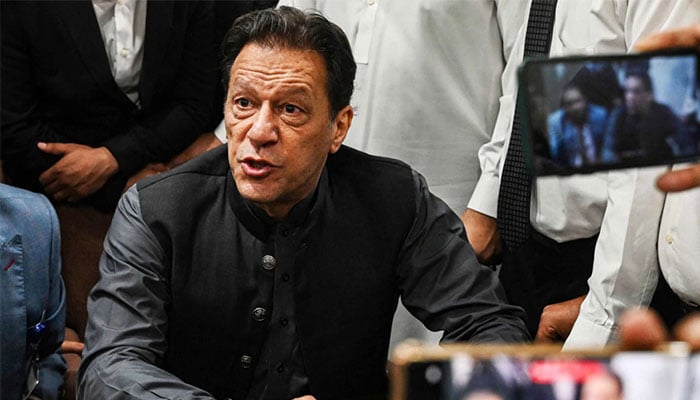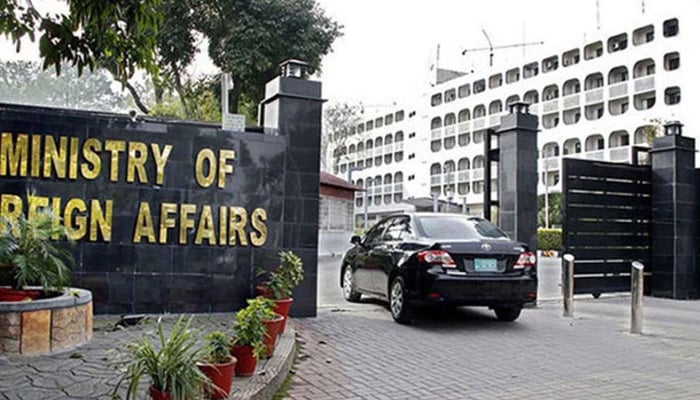Opinion - Washing sanitation workers’ feet an outcome of RSS’s influence on PM
Posted By: Akbar on 27-02-2019 | 15:46:27Category: Political Videos, NewsIt was one of the defining moments in our struggle as a society against social inequality
The washing of feet of sanitation workers by Prime Minister Narendra Modi at Allahabad was one of the defining moments in our struggle as a society against social inequality, especially from the Rashtriya Swayamsevak Sangh’s (RSS) view point.
What Prime Minister Modi did was actually a manifestation of the deep influence of the RSS’ ideology on him. The RSS believes that Hindu consolidation isn’t possible without bringing in social equality as inequalities have fragmented Hindu society.
Balasaheb Deoras , the third sarsanghchalak of the RSS, played an instrumental role in shaping the organisation’s thought process on this issue. Incidentally, Deoras’ tenure as the RSS chief and Modi’s tenure as an RSS pracharak largely coincide.
As a pracharak, Modi had to be involved in implementing various campaigns and initiatives taken by the RSS during Deoras’ tenure, which is known for the organisation’s rapid expansion among marginalised sections of the society, making the RSS a truly pan-India organisation.
It is quite natural that Deoras’ relentless focus on social equality did play a role in shaping Modi’s thought process about bringing social equality. What happened in Allahabad appears to be a reflection of this ideological influence.
Deoras was the last RSS chief who came from the original batch of swayamsevaks who were trained and groomed by the RSS founder, KB Hedgewar, and it was during his long tenure as the RSS chief that the organisation focused a great deal on bringing the marginalised sections of the society into the sociocultural mainstream. The result of these initiatives is the fact the RSS-backed organisations are running around two lakh welfare projects across the country.
The present sarsanghchalak, Mohan Bhagwat, said in an interview published in Organiser (March 31, 2017, issue), “Today, the influence of RSS is much higher, then it was not that great, but it was just a beginning. This egalitarian approach of RSS was necessary for the society as well. Therefore, after assuming the responsibility of sarsanghachalak, Balasaheb unequivocally declared about the ‘social thrust’ as the main objective of the organisation. To make the meaning clear to the swayamsevaks and also to the society at large, Balasaheb deliberately prepared for months together and delivered his famous address in the Vasant Vyakhyanmala (a lecture series organised at Pune on May 8, 1974). The practice was prevalent within the Sangh but the thought process behind this was made clear to the swayamsevaks through that address and a message was delivered to the larger society as well.”
Deoras’ speech in the above mentioned lecture series has become the central axis of the RSS thinking on the issue of social equity and social justice. Deoras quite clearly said in this lecture series, “Every one of us …aim at eradicating social inequality in each and every form. We must clearly explain to the people at large how our society became weak and disorganised on account of social inequalities. We must also show them the way to get rid of them. It is necessary that every individual must make his or her contribution in this effort.”
It is clear that this gesture of washing the feet of sanitation workers, who are the lowest rung of the Indian socioeconomic structure cutting across geographical regions, also reflects Modi’s approach towards bringing social equality by creating a positive environment rather than an atmosphere of acrimony in which different groups are fighting with each other to have a larger pie of everything.
What Modi’s thinking is can be gauged from what Deoras quoted in the same lecture:
“Unfortunately, there are still some people in our society who believe in discrimination and are unable to grasp the right attitude. In the final analysis, they are all a part and parcel of the Hindu society... This was the way revered Dr. Hedgewar, the Founder of the Sangh, worked. I had the good fortune in my young age to work under his guidance. In the beginning stages, we had very interesting experiences. I was present in the first Sangh camp. In that, there were quite a number of mahaar (untouchable) brethren. At the time of meals, some began hesitating to sit along with them. They had never before in their life sat for meals with the mahaars. They placed their problem before Doctorji. But he did not enforce the discipline of the camp and ask them to get out. Doctorji simply said: ‘Our practice is to sit together. We shall sit accordingly.’ All of us sat together for meals. Those few that were hesitant sat in a separate line. But, for the next meals, those very people came to Doctorji and apologised and sat with us of their own accord. If Doctorji had taken disciplinary action against them at the very outset and sent them out of the camp, they would not have been transformed.”
What Modi has done by expressing gratitude to the sanitation workers is less of a political gesture and more of an outcome of the RSS’ ideological influence on him.

 Chief Minister Sindh Murad Ali Shah Speech
Chief Minister Sindh Murad Ali Shah Speech
 Imran Khan Big Conspiracy Exposed
Imran Khan Big Conspiracy Exposed
 Military Courts Sentence Perpetrators of May 9
Military Courts Sentence Perpetrators of May 9
 60 more criminals involved in the May 9 tragedy were sentenced
60 more criminals involved in the May 9 tragedy were sentenced
 We want to bring the negotiations to a logical conclusion by January 31, Sahibzada Hamid Raza
We want to bring the negotiations to a logical conclusion by January 31, Sahibzada Hamid Raza
 PTI founder praised the government
PTI founder praised the government











